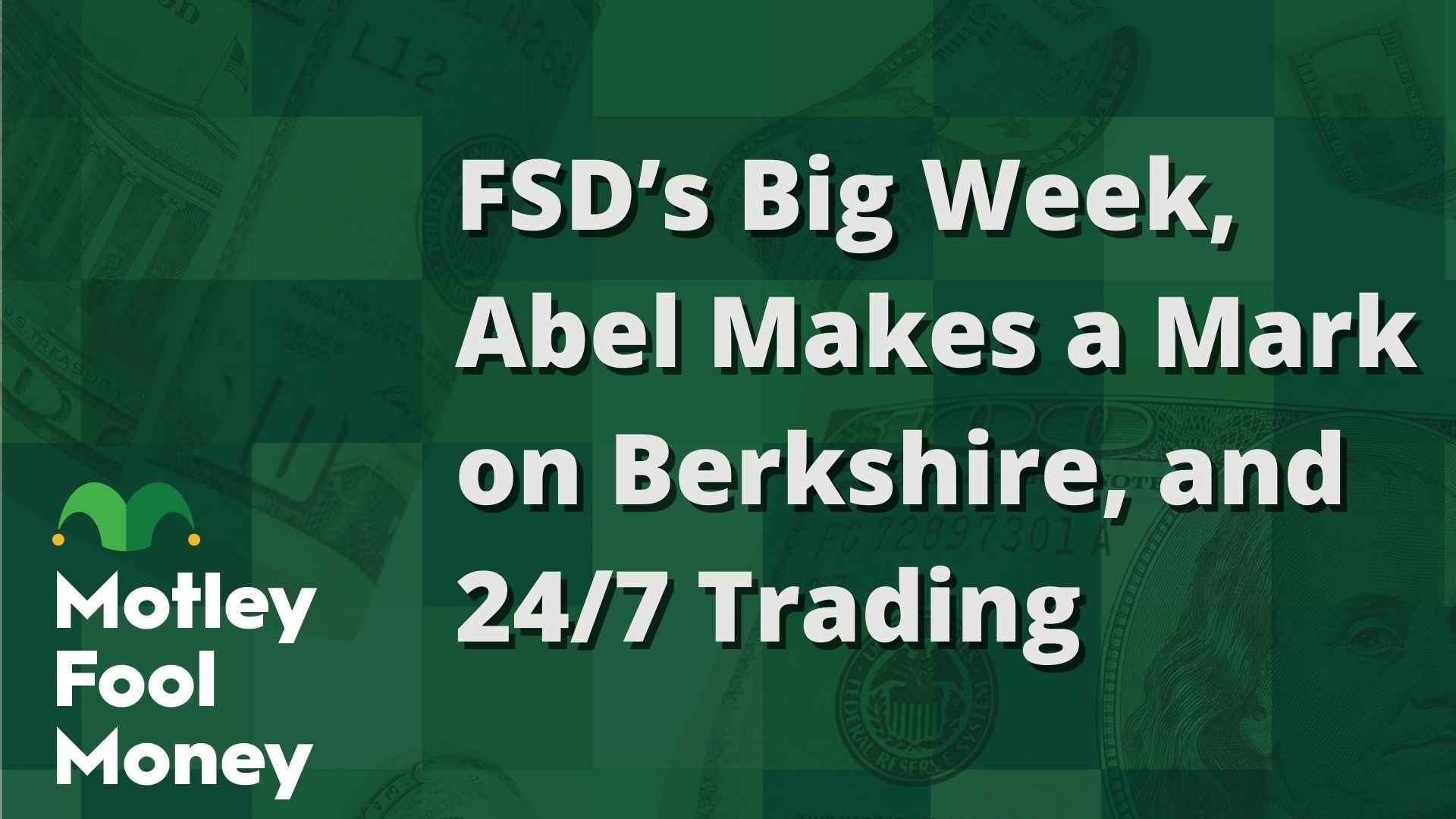Earlier this year, electric car stocks across the board saw sharp declines after the U.S. government revealed that several critical EV subsidies would be eliminated. Since then, however, most of those initial losses have been erased. Yet the effect of these subsidies being eliminated remains.
If you have money invested in Lucid Group (LCID 1.14%), Rivian (RIVN 0.28%), or Tesla (TSLA 3.78%), be sure to understand the two problems below that all three of these automakers will face very soon.

NASDAQ: TSLA
Key Data Points
1. Electric car demand may be lower than expected
Governments around the world have been offering incentives that lower the price of EVs for customers since the 1990s. In 2010, the U.S. began offering consumers a tax credit that ranged between $2,500 and $7,500 when buying a new or used electric vehicle. There were rules related to which cars qualified and who exactly could receive the credit. But all in all, these tax credits deployed billions of dollars to lower the upfront cost of buying an electric vehicle.
On Sept. 30, 2025, these tax credits will be formally eliminated. This effectively raises the final cost of an EV by up to $7,500. At a time when nearly 70% of Americans are hoping to spend less than $50,000 on their next vehicle purchase, the elimination of this subsidy should immediately hit EV demand. Already, we're seeing a small but noticeable bump in EV purchases -- a signal that people who have sat on the fence are buying before the tax credits expire. The reasonable implication here is that buyers are paying attention to tax credits, and prefer buying when these credits will apply to their purchases.
The takeaway: Expect EV demand to be lower in 2026 than previously expected. To counteract this, EV makers may be forced to cut prices, stoking demand, but reducing gross profits. Critically, both Lucid and Rivian expect to start production on vehicles with prices under $50,000 over the next six to 24 months. These budget vehicles are intended to massively increase their total addressable markets. Should those newer models have qualified, they will now be missing a key subsidy that would have made them even more attractive to cost-conscious buyers.

Image source: Getty Images.
2. This little-known multi-billion-dollar subsidy won't exist in 2026
Many EV investors are already aware of the U.S. tax credits that are set to expire at the end of September. However, most don't realize that there's another program about to be axed that is equally valuable: CAFE regulatory credits, which are credits earned by auto manufacturers that exceed fuel economy standards.
As EV producers, Tesla, Lucid, and Rivian all earn credits under this program. These companies then sell these credits to other automakers that would otherwise face fines for not producing enough low-emission vehicles. Because these credits are earned automatically, they can be sold at essentially 100% profit margins.
The value of this little-understood program is immense. Tesla routinely earned billions of dollars per year from this program, accounting for 10% to 30% of its gross profit. Rivian has already told investors that it wouldn't realize $100 million in revenue from the sale of its credits, since these credits are no longer worth anything. Fines for non-compliance have been eliminated, taking away any incentive for competing automakers to value and purchase these credits. Lucid, too, has earned hundreds of millions of dollars in "free" profit from this program.
The elimination of the consumer tax credit will hit EV demand. But the elimination of automotive regulatory credits like this will have an equally damaging effect. Rivian and Lucid are still struggling for profitability, and now they will lose a highly profitable revenue source. Tesla, meanwhile, has benefited the most from this program on a sheer volume basis. The elimination of these credits may not make headlines, but it poses problems for all three companies in 2026 and beyond.







